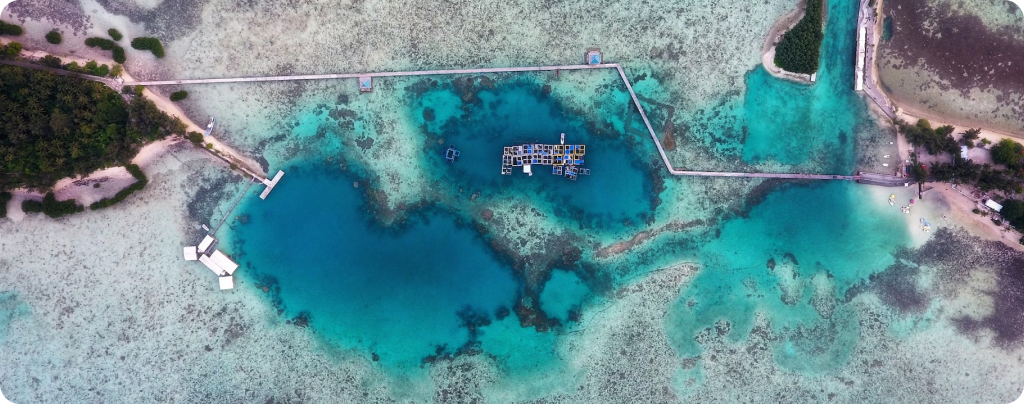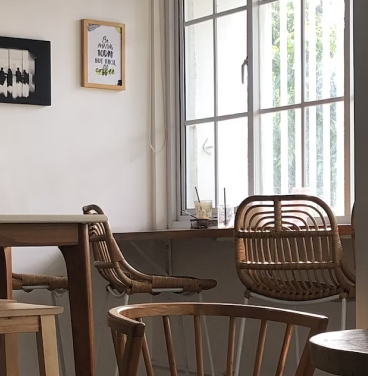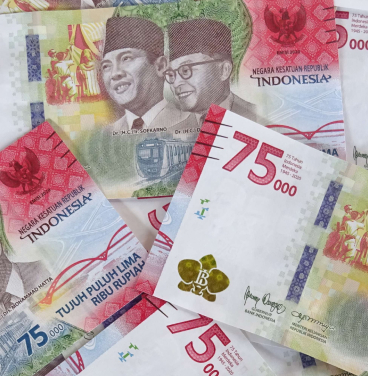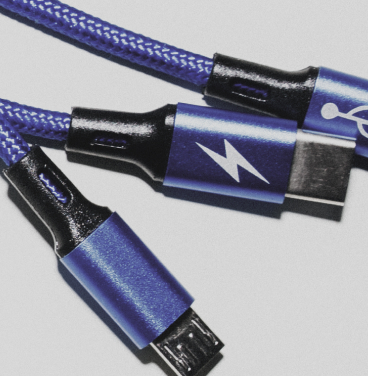Weather, Climate, & Seasons
The climate of Indonesia is almost entirely tropical. The uniformly warm waters that make up 81% of Indonesia's area ensures that temperatures on land remain fairly constant, with the coastal plains averaging 28 °C, the inland and mountain areas averaging 26 °C, and the higher mountain regions, 23 °C. Temperature varies little from season to season, and Indonesia experiences relatively little change in the length of daylight hours from one season to the next.
There are two seasons in Indonesia, Rainy and Dry, both of which are relative. While there is significant regional variation, in most of the country (including Java and Bali) the dry season is April to October, while the wet season is November to March. However, global warming has made the seasons less predictable.
Getting To Jakarta
The main entry point to Jakarta is Soekarno-Hatta International Airport, situated in Tangerang just outside the city. The airport offers modern amenities like Wi-Fi, shops, lounges, and more. Transportation options to the city include taxis, buses, and the airport railway, providing efficient connectivity.
- Traveling to Indonesia from the Americas can be accomplished in as little as 20 hours, typically involving a transit stop in East Asia, Europe, or the Middle East. Numerous flights connect various cities in the Middle East to Indonesia.
- Most European travelers can reach Indonesia in under 20 hours. Although direct flights are available from Amsterdam, London, and Istanbul to Jakarta, other cities often necessitate a transit.
- Australia, however, is conveniently situated just 4 to 7 hours away from Indonesia.










